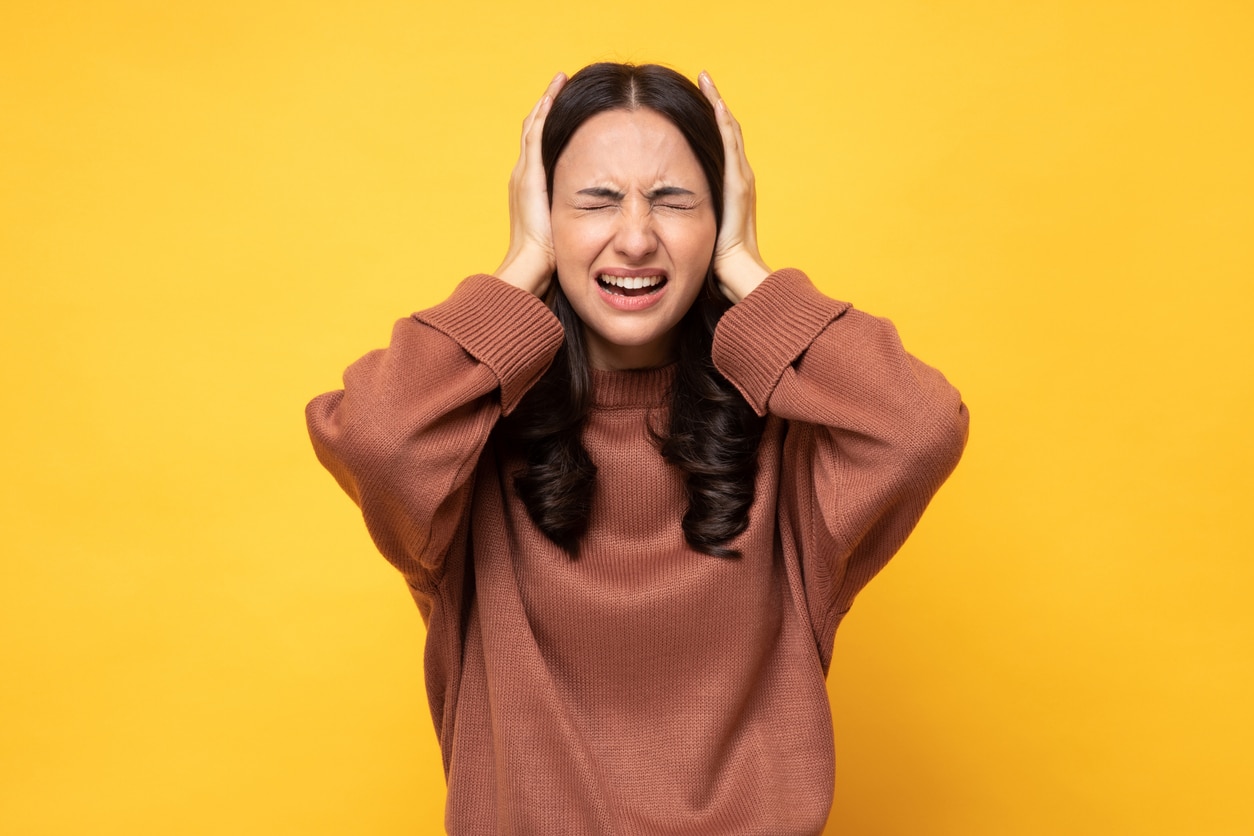Noise-related hearing loss affects approximately 5% of the global population. While many people know that loud noise can damage hearing, fewer know why.
Let’s take a look at how loud noise affects hearing and how you can protect your ears from damage.
How Does Loud Noise Affect Hearing?

When you hear a dog bark in Bergfeld Park, the sound goes on a long journey from the source to your understanding of it:
- Sound waves enter the ear canal and vibrate the eardrum
- Tiny bones in the middle ear (ossicles) amplify the vibration
- The vibration reaches the cochlea in the inner ear, filled with fluid and hair cells
- The vibration moves the fluid, stimulating the hair cells
- The hair cells convert the vibrations into electrical signals
- The auditory nerve carries these signals to the brain
- The brain interprets the signals as sound
Noise-related hearing loss arises as a result of damage to the tiny hair cells in the cochlea. When you’re around loud noise, the hair cells can get overworked, causing them to bend or die. Unfortunately, this damage is permanent.
How Loud Does Sound Have to be to Damage Hearing?
Long-term exposure to noise at or above 85 decibels (dB) or short-term exposure above 120 dB can damage hearing. For reference, a washing machine measures about 70 dB, and personal audio devices cap out at around 110 dB.
How Can I Protect My Hearing?
A few effective ways to protect your hearing include:
- Wear earplugs or earmuffs. Earplugs dampen the force with which sound hits your ears, minimizing your risk of hearing damage. Consider reusable silicone or custom-made earplugs if you’re frequently exposed to loud noise.
- Lower the volume. Set decibel limits on your cellphone and keep your TV and radio around half volume. Decibel limits shouldn’t exceed 80 dB.
- Limit headphone usage. Limit headphone usage to no more than an hour or two a day.
- Use a decibel meter. Download a decibel meter on your smartphone to monitor noisy environments. If the reading exceeds 85-90 dB, you know it’s time to turn down the volume.
To learn more about protecting your hearing or to schedule a hearing test, contact SoundLogic today.